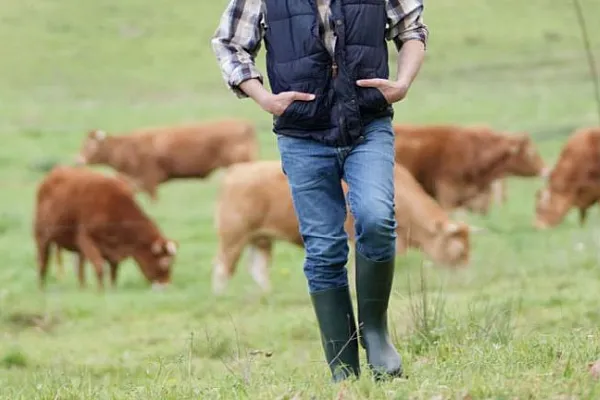
Asian American and Pacific Islander Heritage Month
To celebrate various diversity months, the Societies are honoring several of our recent award winners – looking to the future of our sciences. Here we have collected our Asian American and Pacific Islander Heritage Month honorees.
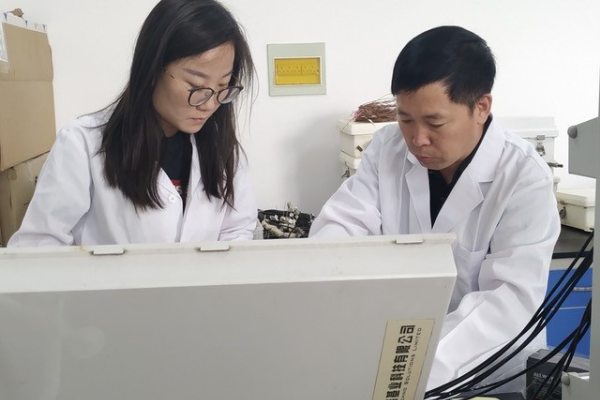
Tusheng Ren, 2021 SSSA Fellow
What excites you about your career?
I am always excited that our measurement techniques and models have been applied by others in the soil community, our no-till systems have been widely accepted by farmers in China, and my students are growing well in their careers. I love the inspiring ideas that come from my colleagues. Collaboration with a variety of creative-minded people is what keeps me on my toes.
Hui Li, 2021 ASA Fellow
What project are you currently working on that excites you the most?
Per- and polyfluoroalkyl substances (PFAS) are a class of persistent organic contaminants that are ubiquitous in agricultural environment and accumulated in agricultural products. Consumption of PFAS-tainted agricultural products represents the feasible risks to human health. Currently, we are supported by USEPA and USDA to surveille the presence of PFAS in biosolids, study the fate, transportation, and plant uptake of PFAS from soils. The results will help the development of models to quantify exposure to humans, and establishment of mitigation strategy for PFAS in agronomic production.
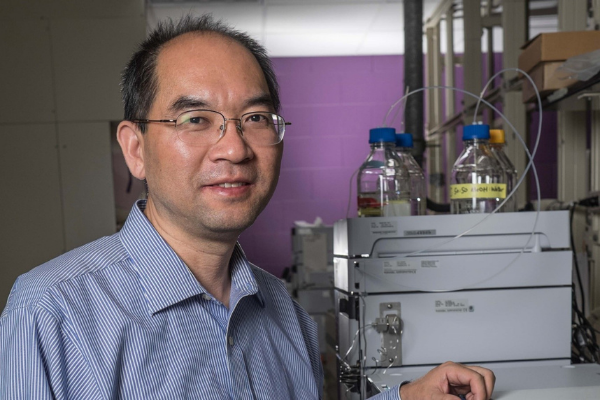
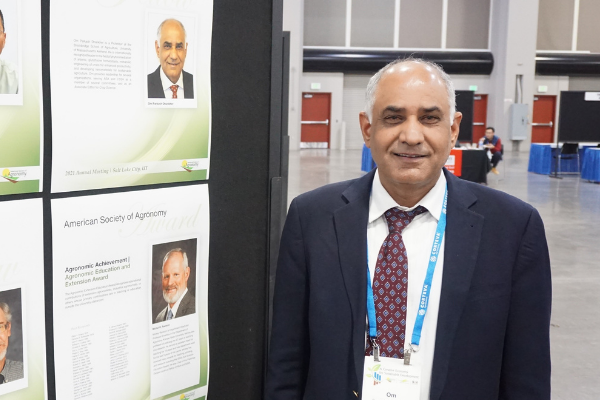
Om Parkash Dhankher, 2021 ASA Fellow
What project are you currently working on that excites you the most?
Arsenic is a carcinogenic metalloid, and its contamination of soil and water are serious environmental and human health concerns globally. Crops, particularly rice, are known to accumulate high levels of arsenic in grains. I have deep interests in developing sustainable technologies for remediation or limiting arsenic in the food chain. In this specific project, my research team studies the soil processes for bioavailability of metals/metalloids in soil, molecular and biochemical processes for arsenic uptake, transport, and detoxification in plants. My focus is to develop phytoremediation- a plant-based eco-friendly ‘green-clean’ technology to remediate the arsenic contaminated soils and water, as well as developing arsenic-free rice for protecting human health.
Guanglong Tian, 2021 ASA Fellow, 2021 SSSA Fellow
My research interest area is agricultural soils, which have tremendous capacity to store C for offsetting anthropogenic CO2 emission. For decades I have worked on improving soil conditions with microbes through amendment processed from wastewater treatment (biosolids) to reduce their maintenance respiration so that more crop residue-C in agricultural soils could be allocated to their growth as biomass and eventually sequestered as soil organic matter in soil. My work at Metropolitan Water Reclamation District of Greater Chicago has led to the discovery that biosolids double the amount of sequestration of crop residue-C in soil. This discovery was further formalized as the biosolid C sequestration index, being used nationally to calculate greenhouse gas credits from utilization of biosolids, which promote the beneficial use of biosolids.
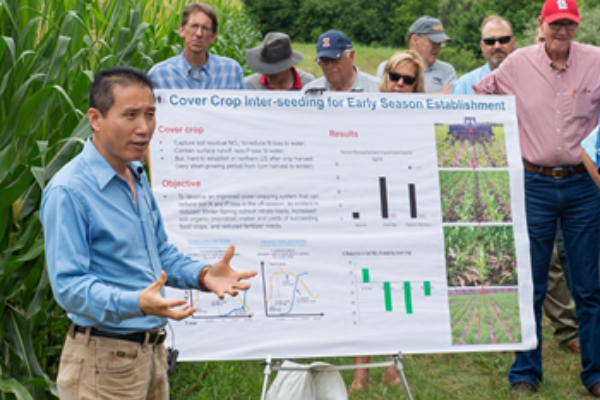
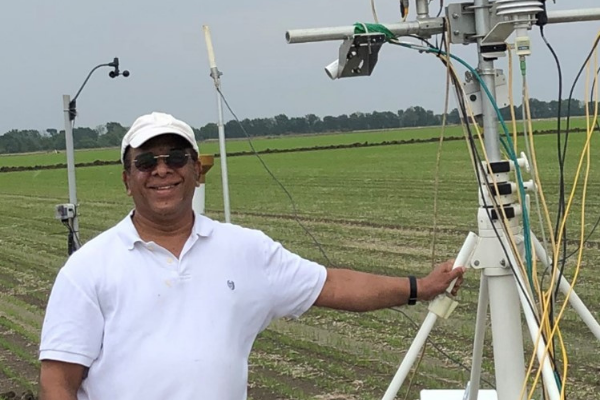
Saseendran (Sasi) Anapalli, 2021 ASA Fellow
Water is critical for life. When rainfall fails to support crop growth, irrigation becomes essential. Water is drawn from aquifers for crop irrigations, far above their natural recharge rates, threatening sustainable irrigated crop production. I focus on farm-scale research to enhance irrigation water use efficiency, respond to climate variability and change, and optimize crop production while minimizing aquifer declines and harmful greenhouse gas emissions. The farm-scale technology we develop instills better confidence in farmers to adopt them in their farming systems.
Jianxin Ma, 2021 CSSA Fellow
What project are you currently working on that excites you the most?
As a soybean geneticist, I am interested in understanding how genetic variation shapes traits of agronomic importance toward soybean improvement. Particularly, my research focuses on untapped genetic diversity from exotic germplasm such as wild soybeans and landraces. We are in the age of technology where we can use genome-editing to create targeted mutations for specific and desirable traits. This is really exciting to me!
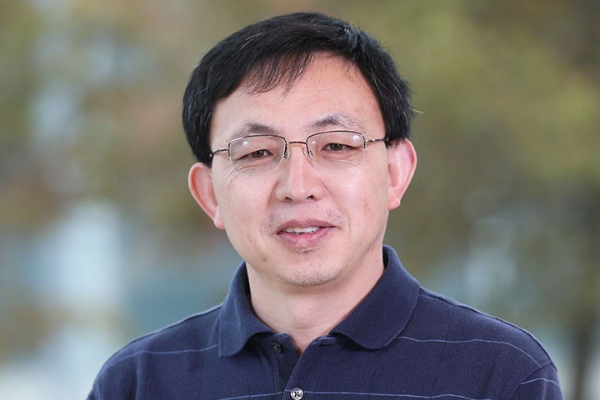
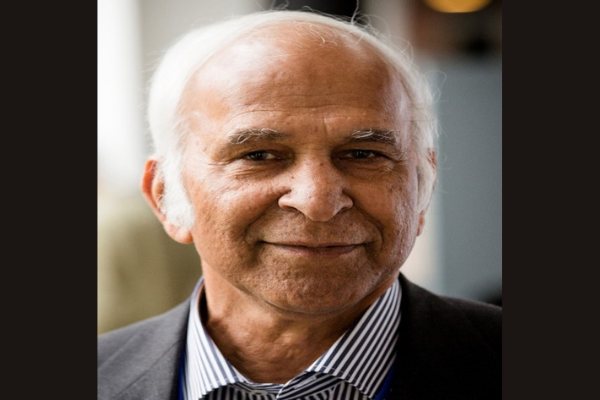
Bal Ram Singh, 2021 Soil Science Distinguished Service Award and 2021 Soil Science Applied Research Award
What project are you currently working on that excites you the most?
I am professor emeritus at the Norwegian University of Life Sciences, Norway and have provided leadership to many national and international programs. Currently (2021-2026), I am participating in the project, “Climate Smart Agriculture in Sub Saharan Africa” with a focus on knowledge transfer through PhD and Post Doc studies and summer schools. I am also co-editing a book, Biodegradable Waste Management in the Circular Economy: Challenges and Opportunities by Wiley Publisher.
Kavya Krishnan, 2021 Encompass Fellows Program
What excites you about your career?
As a PhD student, what excites me most about my career is meeting new people – established faculty who’ve been studying this niche concept for years, new students who are figuring out what they’re doing, farmers, advocates, researchers, etc. There are so many people passionate about science and I’m really excited to keep meeting interesting folks over my career. It’s also great to have a career that pays you to be curious about the world!
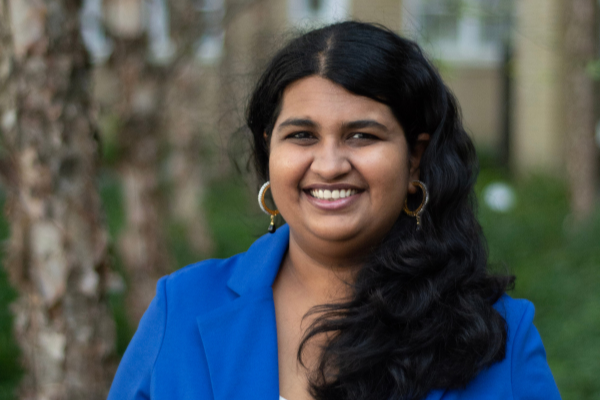

Zenith Tandukar, 2021 Encompass Fellows Program
Are there tips from your mentors that have been particularly helpful in your journey?
The most important tip that I have received as I’ve navigated the ups and downs of academia and industry as an international student is, “Be the role model to others you wish you had when you were starting off." I specifically relate to this because I truly believe that diversity and representation is still lacking in science and inspiring/supporting the next generation is the only real path to bridge that gap.
Mala Ganiger, 2021 Graduate Student Leadership Conference
What project are you currently working on that excites you the most?
Witnessing hunger and malnutrition was the driving force for me to pursue a career in agriculture sciences. Growing a diversity of crops is essential to secure the future of sustainable farming. My research focuses on understanding the genetic basis of seed coat color in common buckwheat using genome wide association study (GWAS). This project combines my passion for plant breeding and cutting-edge genomics techniques to improve this minor crop and eventually create future funding opportunities.
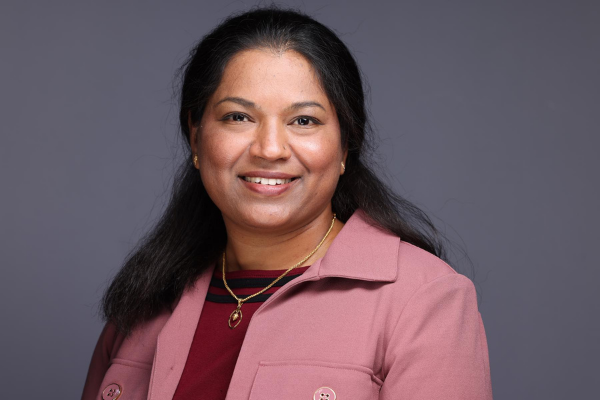
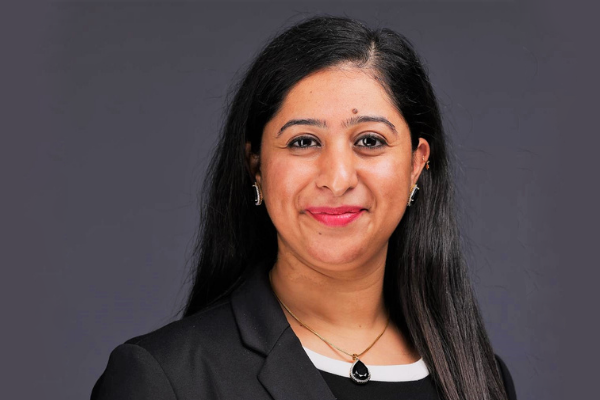
Khushboo Rastogi, 2021 Graduate Student Leadership Conference
What project are you currently working on that excites you the most?
I am a PhD candidate, and my research is focused on developing high-lysine rice using genome editing aiming to address malnutrition problems both in developing and developed nations. I am also working on different abiotic stresses to identify and validate QTLs for chilling, submergence, and salinity stress with an aim to develop stress-tolerant rice. The direct impact of my work on farmers and consumers is what excites me the most about my research.